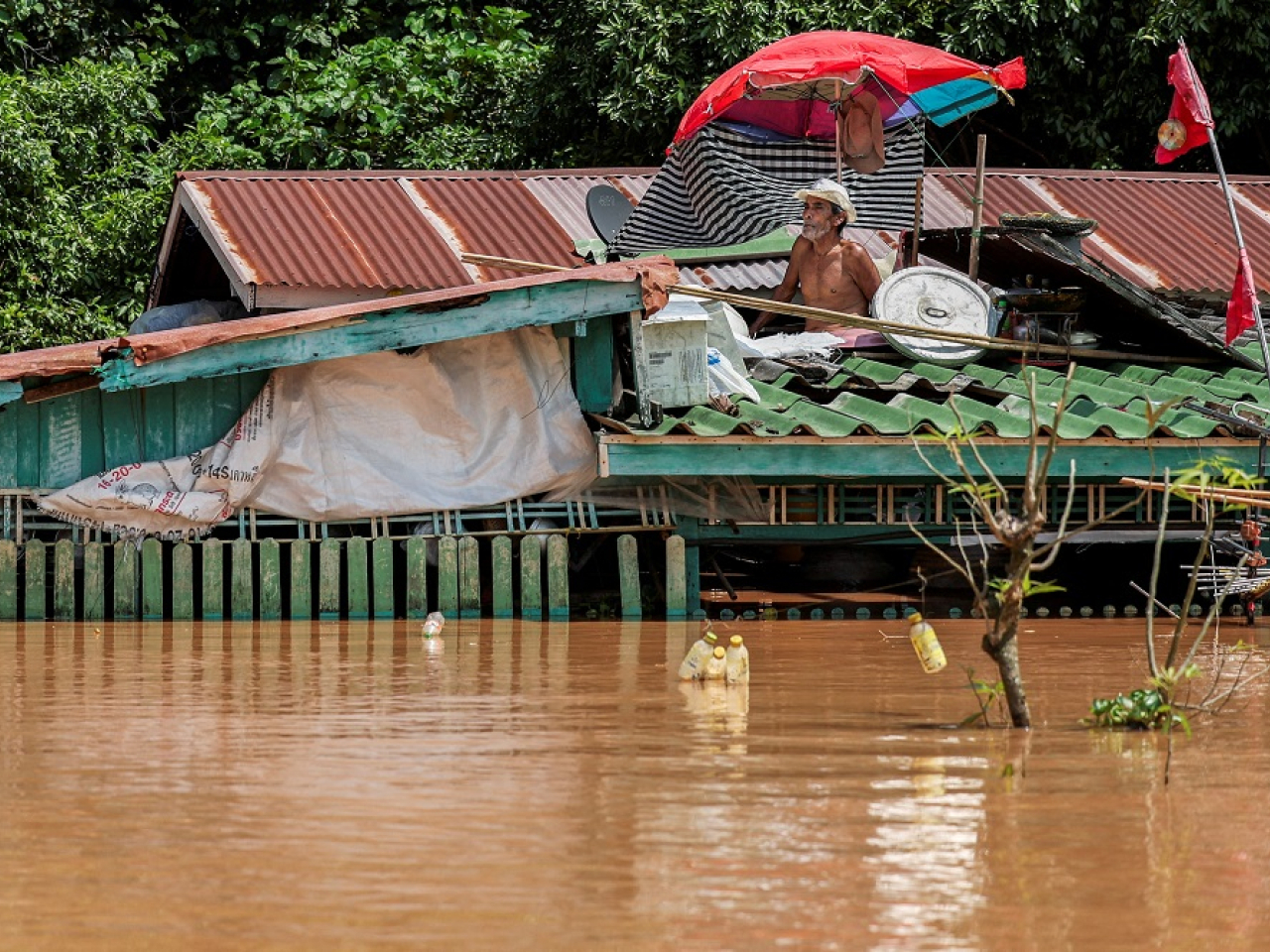UN Secretary-General Antonio Guterres said on Wednesday it was now clear that efforts to cap global warming at 1.5 Celsius above pre-industrial levels would fail in the short term.
Ahead of next month's COP30 climate summit in Brazil, Guterres said going beyond 1.5C would result in "devastating" yet predictable impacts.
"One thing is already clear: we will not be able to contain the global warming below 1.5 degrees in the next few years," Guterres said at the UN's World Meteorological Organisation (WMO) weather and climate agency in Geneva.
"Overshooting is now inevitable. Which means that we're going to have a period, bigger or smaller, with higher or lower intensity, above 1.5 degrees in the years to come."
However, if leaders start taking the problem seriously by driving towards net zero greenhouse gas emissions, "the 1.5 still remains – according to all the scientists I met – possible before the end of the century."
The 2015 Paris climate accords aimed to limit global warming to well below 2C above pre-industrial (1850-1900) levels – and 1.5C if possible.
Guterres said the latest national pledges to slash carbon emissions come nowhere near meeting the 1.5C target.
The United Nations is in the process of appraising these plans, which put forward a 2035 carbon-cutting target and details for getting there.
Many countries have missed repeated deadlines this year to put forward their commitments, and an official report of those already received is expected within days.
Guterres said pledges covering 70 percent of global emissions suggested a cut in carbon pollution by some 10 percent by 2035.
But the UN's Intergovernmental Panel on Climate Change has said emissions must fall 60 percent by 2035, from 2019 levels, for a good chance of limiting warming to 1.5C with no or limited overshoot.
Scientists emphasise that each fraction of a degree of temperature increase worsens the risks of disasters such as heat waves, or the destruction of marine life.
Containing warming to 1.5C rather than 2C would significantly limit its most catastrophic consequences, according to the IPCC, which collects the work of scientists worldwide.
Ahead of the COP30 summit next month in Brazil, Guterres also insisted on the need to "fight mis- and disinformation, online harassment, and greenwashing."
"Scientists and researchers should never fear telling the truth."
His remarks will be seen in some quarters as a riposte to US President Donald Trump's speech at the United Nations in New York, in which the Republican leader championed fossil fuels and derided green technologies.
"Climate change – it's the greatest con job ever perpetrated on the world, in my opinion," said Trump.
The "carbon footprint is a hoax made up by people with evil intentions," he said. (AFP)





